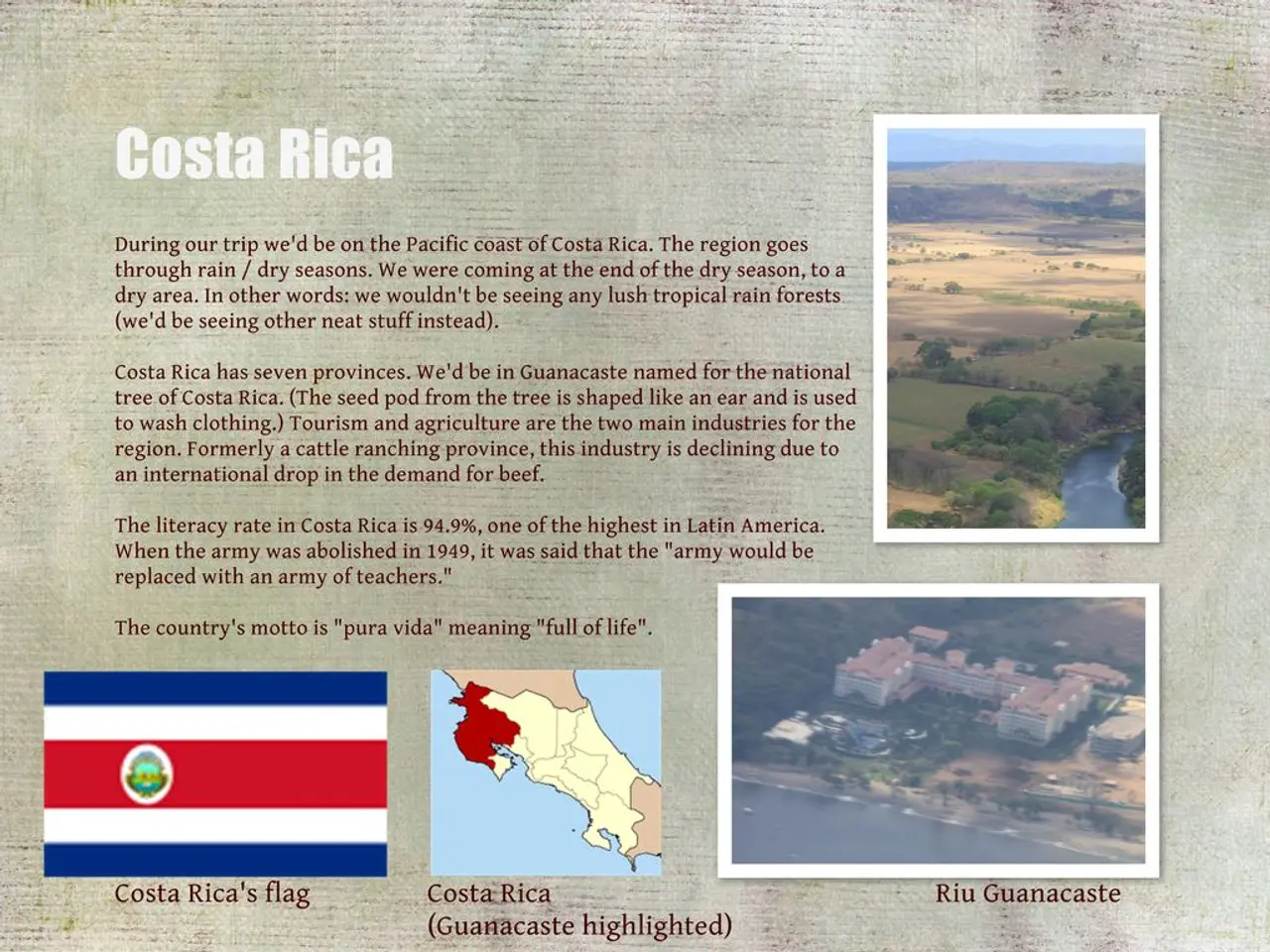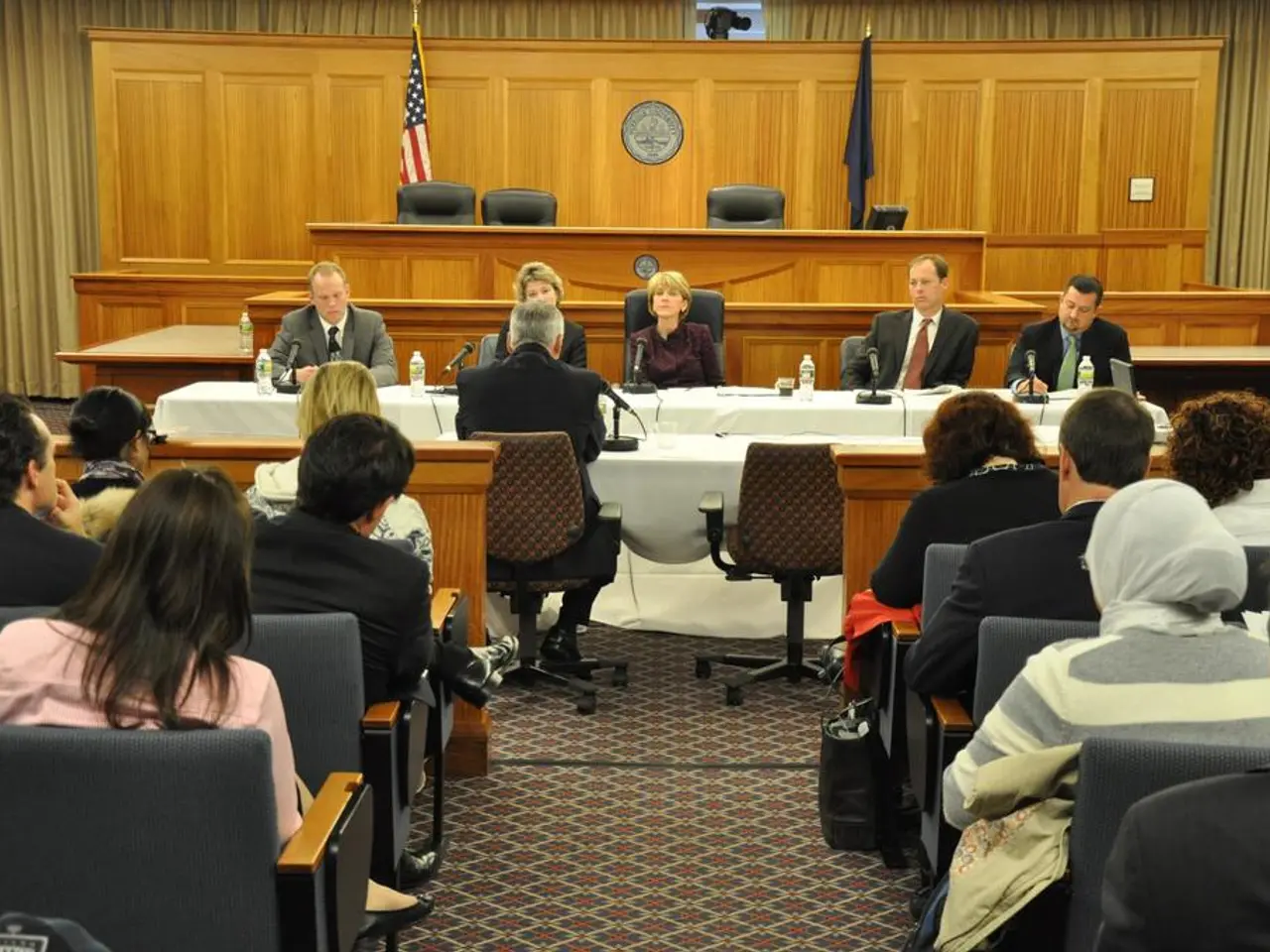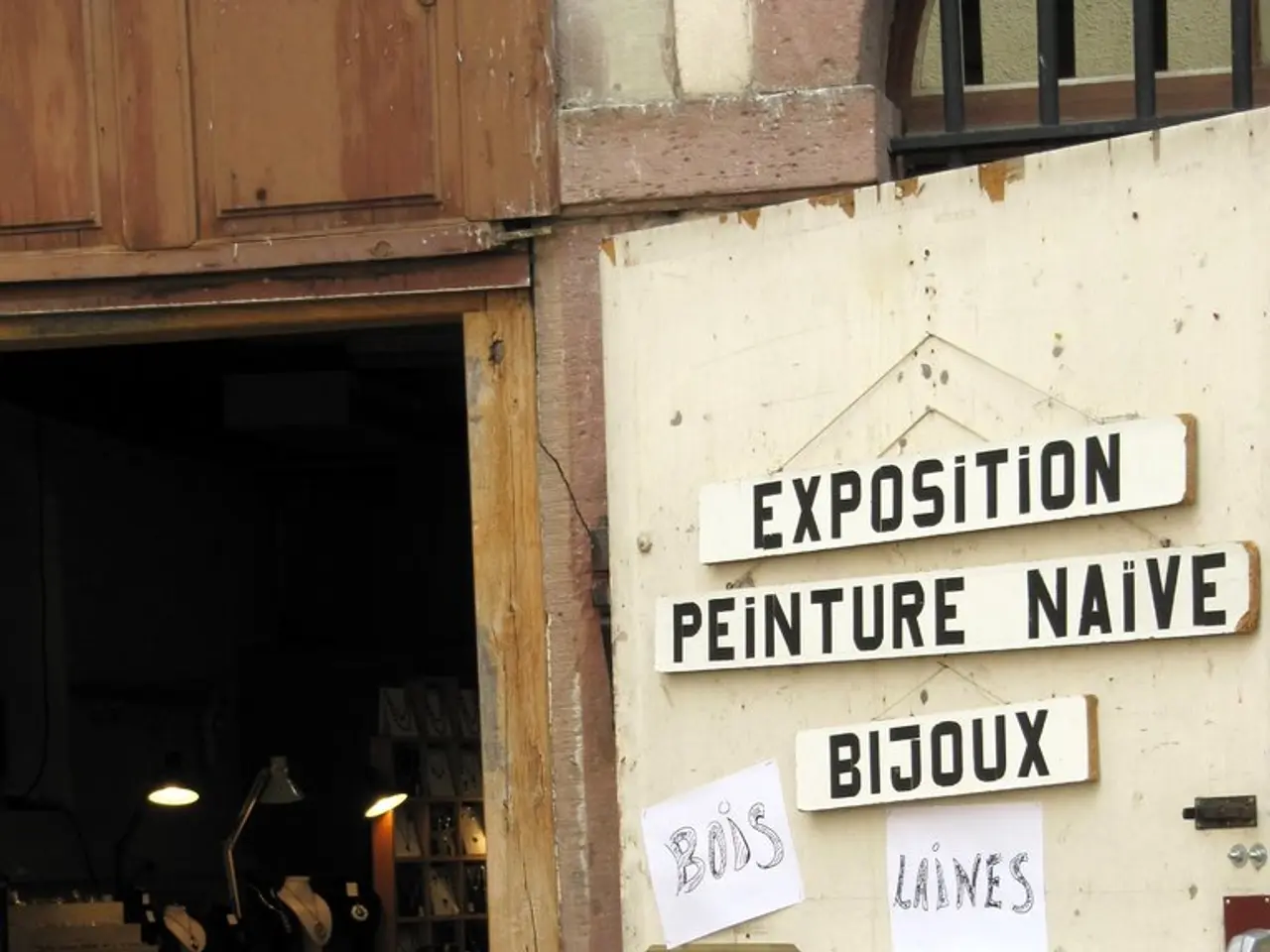Ready to Seal the Deal: Mercosur Agreement on the Brink of Approval
Agreement on Mercosur nearing final stages, according to Merz - Agreement Progressing According to Mercosur Plan, Suggests Merz
Get ready, folks! The long-awaited trade agreement between the EU and Mercosur nations — Argentina, Brazil, Paraguay, and Uruguay — is about to be a done deal. After years of back-and-forth, German Chancellor Friedrich Merz (CDU) thinks this puppy is going down sooner rather than later. According to Merz, the heads of state and government at the recent EU summit in Brussels were all about sending this bad boy over the finish line as soon as possible. No major objections, just a handful of minor clarifications on specific points.
Merz emphasized that it's crunch time to get the Mercosur agreement signed, sealed, and delivered because it's more than just a trivial agreement. "We're talking about more than just the Mercosur agreement," Merz said. "This is about further agreements, for example, in the entire Indo-Pacific region." A swift approval of the deal would also help send a message that the EU can knock out negotiations quickly.
But not everyone is cheering just yet. French President Emmanuel Macron summoned a dose of realism. Macron said the current deal can't win France's stamp of approval because it doesn't align with the country's values that it's championed for years. Macron is all about fair and coherent trade agreements, but he wants to make sure the deal includes protective mechanisms to preserve central areas of agriculture if they're threatened by the agreement. "We can't demand changes in our producers and then sign trade deals that completely contradict that," he said.
The EU Commission and the Mercosur countries concluded negotiations on this vast free trade zone back in December, after more than 20 years. This would create one of the world's largest free trade zones with over 700 million inhabitants, covering nearly a quarter of the global GDP. The agreement provides for the abolition of tariffs, among other things, to increase trade significantly. However, markets for certain agricultural products will remain protected to shield the EU's agricultural sector.
As of now, the agreement is just waiting for the stamp of approval. The main challenge is the ratification process, which is complicated because it involves both the EU supra-national level and individual national levels for each EU member state. Past EU trade deals like CETA with Canada have shown that this can be a bit of a thorn in the side. The European Committee of Wine Companies (CEEV) has encouraged the European Commission to move the legal text along and initiate ratification ASAP.
If all goes according to plan, this deal will benefit key sectors significantly, particularly EU wine producers by eliminating high tariffs like Brazil's 27% duty on EU wines. For Mercosur members, this represents an opportunity to open their markets more broadly, which is especially relevant given the economic challenges they're facing. However, internal cohesion within Mercosur and differences among national priorities create uncertainty about the bloc's ability to capitalize fully on the deal.
Still, if the EU can get this deal across the finish line, it could set a strong example for other global trading partners and pave the way for future deals in the Indo-Pacific region. The potential implications are considerable, as the EU positions itself as a more competitive and stable trading partner against other large economies like China. With the Mercosur agreement, the EU could strengthen its trade relations in the Indo-Pacific region and serve as a model for future agreements with countries in that dynamic, growing region. So here's to speedy ratification and a prosperous future! Cheers!
- The approval of the Mercosur agreement, a significant policy-and-legislation achievement, may demonstrate the EU's capability in crafting and finalizing policy quickly, particularly in the realm of politics and general news.
- As the EU moves forward with the ratification process of the Mercosur agreement, it's crucial to address internal policy matters such as protective mechanisms for agriculture, ensuring alignment with the country's values and coherent trade agreements.





